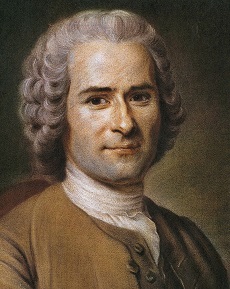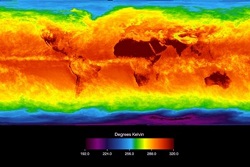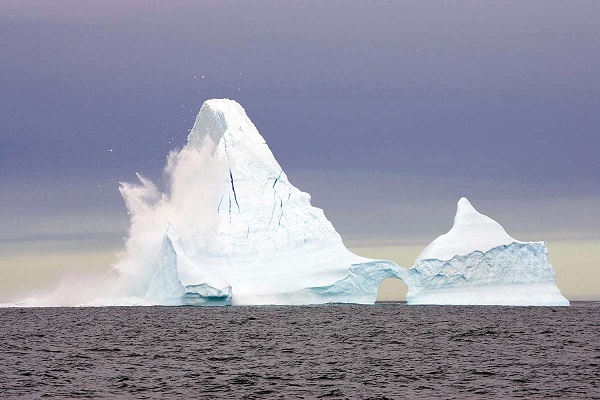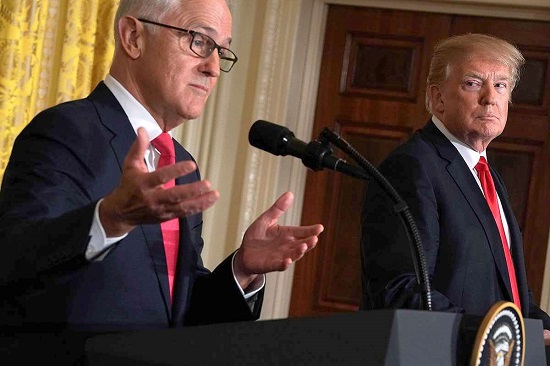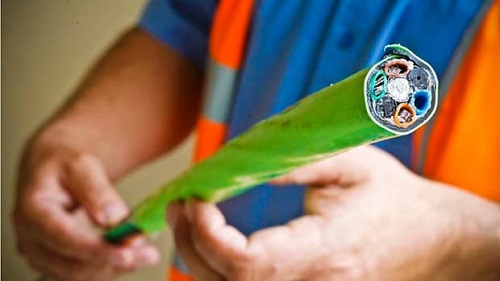Suggested topic for discussion:
This report looks at ways of feeding future world populations without trashing the planet even further.
It’s no secret that the course we’re on with food production and consumption is in need of serious correcting, but a major new report from a global team of scientists has laid out the kind of maneuvering needed to set us on a sustainable path. Billed as a planetary health diet for both the Earth and its people, the set of guidelines put forward by the EAT-Lancet Commission gun for nothing short of a “Great Food Transformation,” something they say would feed 10 billion people, save lives and avoid large-scale environmental destruction.
The team’s proposed diet allows for the consumption of no more than 98 g (3.45 oz) of red meat a week, 203 g (7.1 oz) of chicken and 196 g (6.1 oz) of fish. Meanwhile, the diet suggests consuming at least 500 g (17.6 oz) of fruits and vegetables, 125 g of dry beans, lentils, peas and other nuts and legumes each day. While this presents a massive shift for many, it won’t appear all that foreign to folks in some parts of the world.
Apart from diet issues that need to be discussed include water consumption, more efficient use of fertilizers and land and what can be done to produce food in very arid areas.
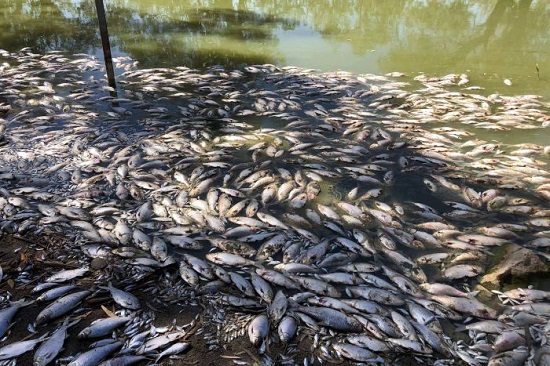

 This is a long post, around 5,000 words, wherein I go down many rabbit holes. Perhaps at the end, though, there is a little pot of genuine climate gold.
This is a long post, around 5,000 words, wherein I go down many rabbit holes. Perhaps at the end, though, there is a little pot of genuine climate gold.